
OR
Editorial
Resolve VAT Controversy to Ensure a Smooth Supply of Potatoes and Onions
Published On: December 9, 2023 07:25 AM NPT By: Republica | @RepublicaNepal

The recent upheaval in the Kathmandu Valley's vegetable markets, specifically the shortage of potatoes and onions, demands urgent attention from the government authorities. While the decision to impose Value Added Tax (VAT) on imported vegetable items like potatoes and onions may not be inherently flawed, the chaos ensuing from its implementation necessitates a careful reevaluation of the strategy. The imposition of VAT on imported potatoes and onions was introduced in the current Fiscal Year's budget in a bid to promote domestic production and generate additional revenue for the government. However, the flawed implementation of this decision appears to have brought unintended consequences, leading to disruption in the supply chain. Traders, under the banner of the Potato Onion Traders Association (POTA), have ceased supply, leaving retailers and consumers in the lurch.
The concerns raised by the traders are not unfounded. While the government's intent to promote domestic products and generate revenue is commendable, the flawed implementation of this decision has left even the traders selling domestically produced potatoes and onions badly affected. There are complaints that they were harassed by the officials of the Inland Revenue Department (IRD). It is imperative for the government to address these concerns promptly and establish an effective monitoring mechanism to ensure that traders selling domestically produced potatoes and onions are not unduly harassed. As it seems, the confusion stems from the fact that while the IRD has explicitly stated that there will be no VAT on domestically produced items like potatoes and onions, the implementation at the ground level appears to be flawed. Traders at the Kalimati Fruit and Vegetable Market Development Committee have protested, claiming VAT imposition on domestic products. This has led to a halt in the supply of these essential vegetable items in the market, causing a ripple effect throughout the supply chain.
It is crucial for the government to bridge the communication gap between the tax authorities and the traders. The notice issued by the IRD on Friday clarifying the exemption of VAT on domestically produced potatoes, onions, and apples is a step in the right direction. However, mere statements are not sufficient; concrete measures must be taken to ensure that this information is disseminated effectively to all stakeholders. The Potato Onion Traders Association's decision to halt the supply, coupled with warnings of fines for non-compliance to its members, reflects the severity of the situation. The government must engage in a dialogue with the traders to understand their grievances and work towards a resolution that benefits both parties. While the government's focus on promoting domestic products is laudable, it is equally important to address the challenges faced by local traders. The surge in VAT on imported onions and potatoes may be justified to protect domestic agriculture, but the same vigilance should be applied to domestically produced goods. It is also equally necessary to take into account the interests of ordinary consumers. The government must take necessary measures, including incentives to local farmers, to ensure that these vegetable items are produced in adequate quantities within the country.
The Ministry of Agriculture and Livestock Development's commitment to sorting out local products from imported items during the tax imposition process is a positive step and should be diligently implemented. As a newspaper, we urge the government to act swiftly to rectify the issues surrounding the imposition of VAT on potatoes and onions. An effective monitoring mechanism, transparent communication, and a collaborative approach with the traders are essential to ensure the smooth functioning of the market and to protect the interests of both producers and consumers. Let this situation serve as a lesson for future policy implementations, emphasizing the importance of thorough planning and consultation with stakeholders to avoid unintended consequences.
You May Like This

Domestic airfare goes up as govt introduces VAT starting today
KATHMANDU, July 17: As per the latest announcement by the Airlines Operators Association of Nepal, air service providers for domestic... Read More...

Flour producers ask govt to reconsider VAT
KATHMANDU, June 7: Nepal Flour Mills Association (NFMA) has criticized the government’s decision to impose Value Added Tax (VAT) on... Read More...

Brokers halt share trading over VAT row
KATHMANDU, June 29: Stock brokers have halted the trading of shares in the stock market to protest against the Inland Revenue... Read More...
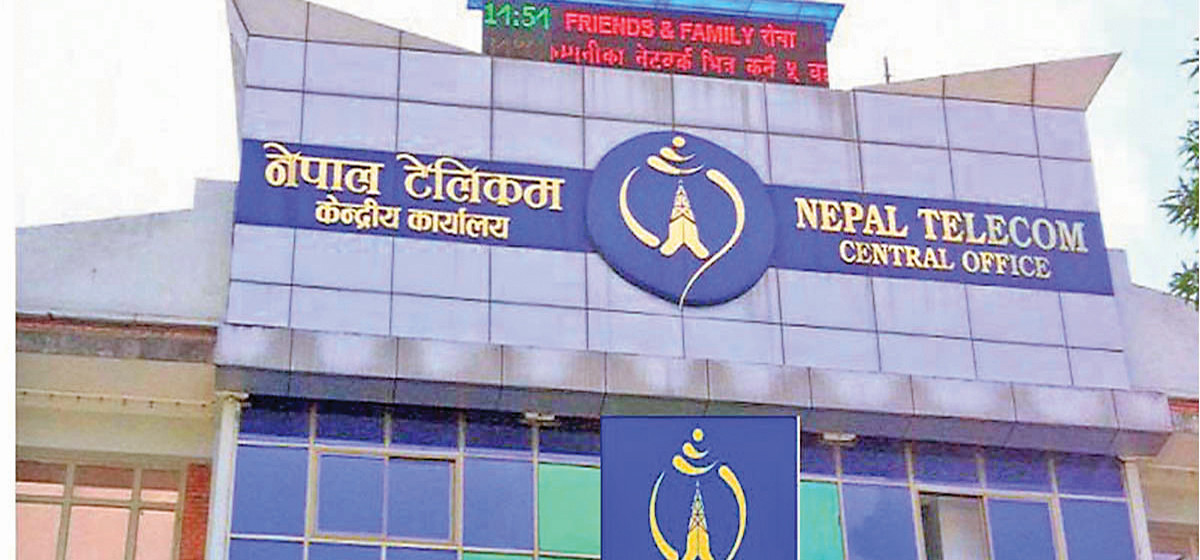


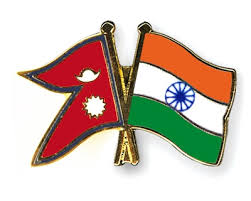
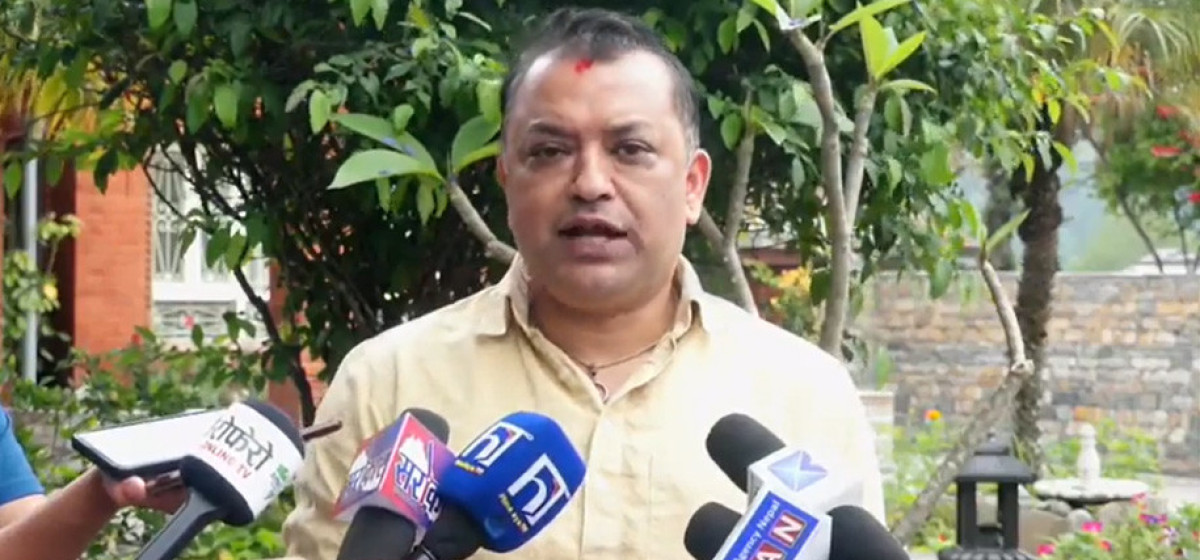

Just In
- Main opposition party NC takes exception to the role of government and speaker in parliament
- Maoist Center Spokesperson Sapkota bats for national consensus
- Karnali CM Kandel calls an all-party meeting to discuss overall development and prosperity of the province
- Deputy Mayor of Nepalgunj Sub-Metropolitan City to stay with JSP
- Ten Sherpa members scale Mt Everest
- I should get chance to speak in parliament: DPM Lamichhane
- Woman arrested with counterfeit Nepali currency in Rangeli
- Sinohydro-Sagarmatha Company appeals struggle committee to settle row




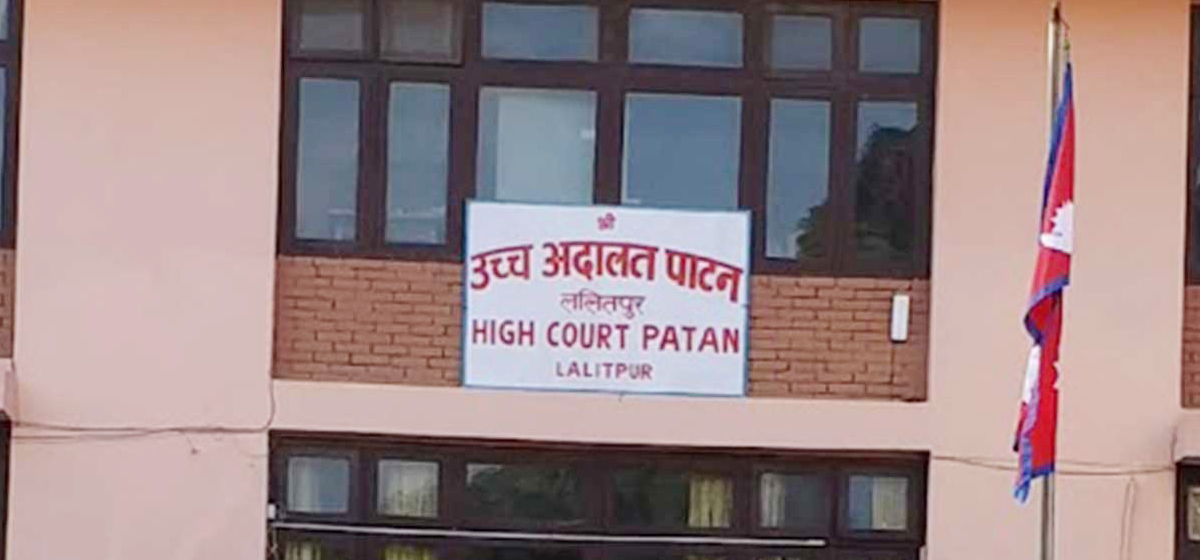




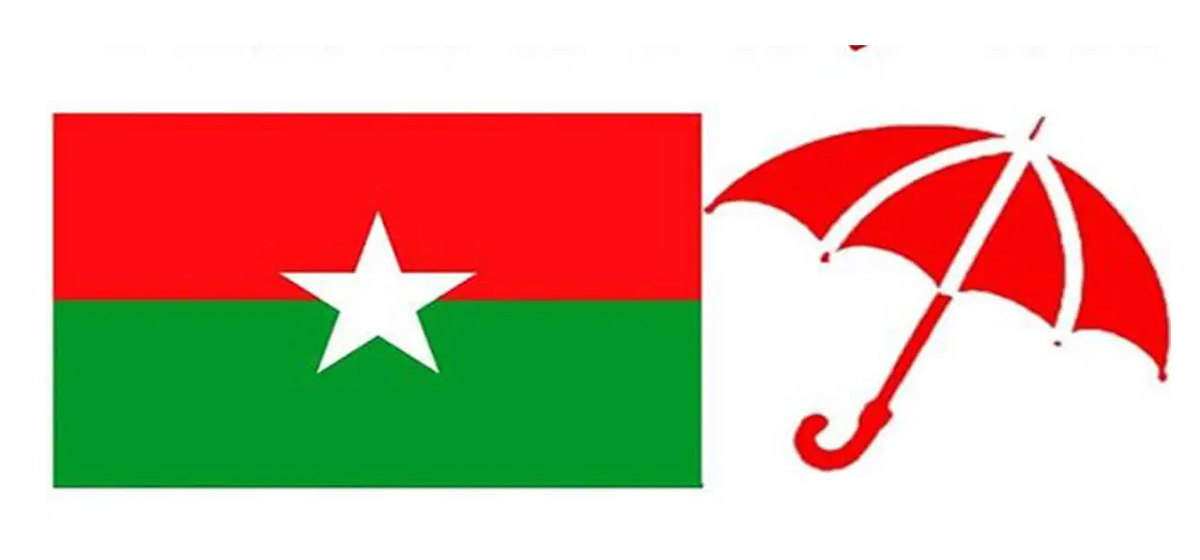

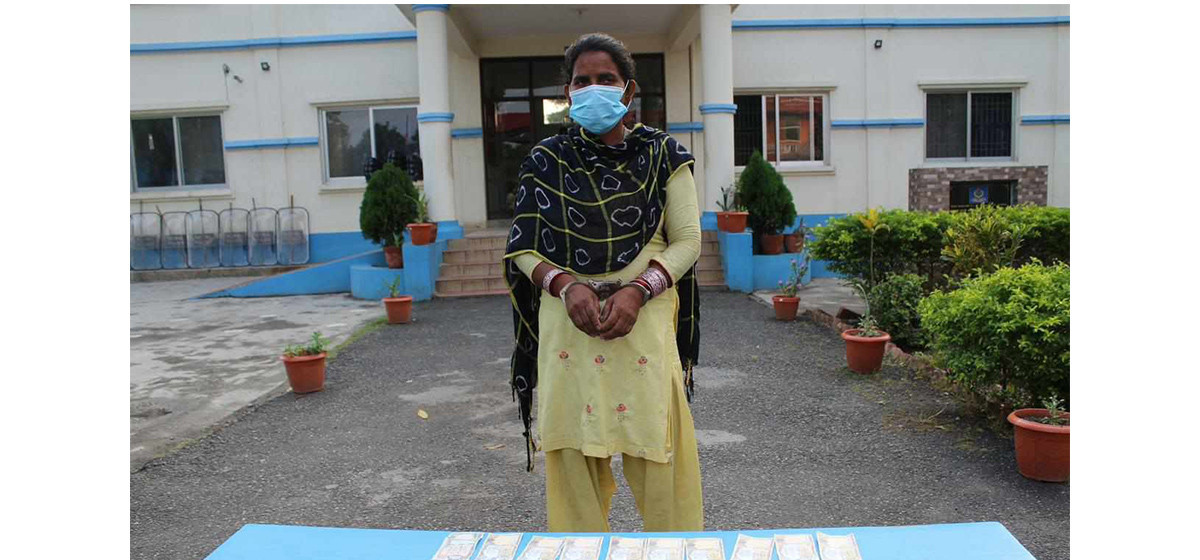

Leave A Comment